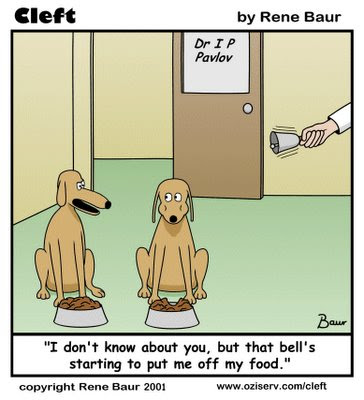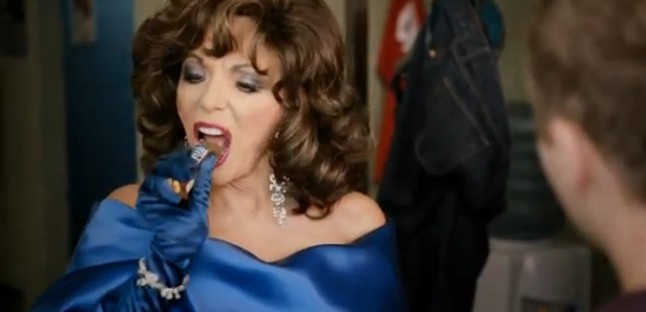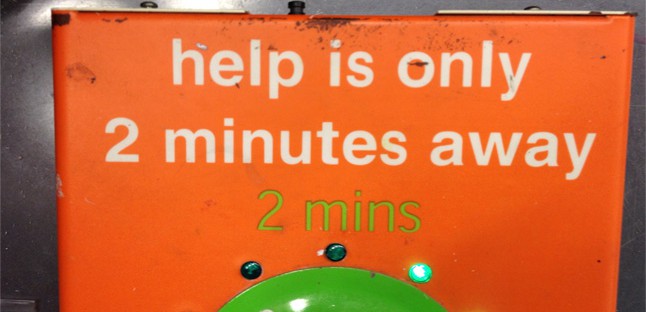Back to all posts
Latest posts
What’s going on at parkrun?
Virtue-signalling all the way to the bank
Bud Light: brand purpose or virtue-signalling?
The Coddling of the American Mind, by Greg Lukianoff and Jonathan Haidt
Belonging, by Owen Eastwood
Such a simple thing
The Long Win, and The Scout Mindset
The Cult of We by Eliot Brown and Maureen Farrell
Coffee and covid modelling
John Lewis: so right-on it’s wrong
By theme
Marketing strategy
Insight & metrics
Innovation & inspiration
Brand & positioning
Marketing communications
Business purpose
Leadership
By industry sector
Financial services
Retail
FMCG
Technology & start-ups
Consumer services
Business to business
Other sectors
By type
Books
Comment
Quotes
Thought leadership
The death of the 30 second TV ad was recently declared (again), this time by an advertising guru, Trevor Beattie. Yes, online overtook TV in its share of advertising spend some time ago, and YouTube is now the second largest search engine, as Google love to tell us. Along with the rise of social media and two-screen activity, Sky+ and TiVo, it seems quite plausible that the TV commercial should be replaced by advertising that we either choose – Read More
It’s hardly the end of capitalism, but the horsemeat scandal is showing large food retailers and manufacturers how it feels to be a banker. Meanwhile consumers – or people, as we might style ourselves – don’t know who we can trust. Marketing is seen as manipulative, and delivering profits is represented in the media as exploitation of customers. Sam Laidlaw of Centrica announced decent but hardly sensational results last week – and had to explain to John Humphreys on the Today programme why they hadn’t forgone profits for the sake of “the squeezed middle”. Read More
This advertisement was on the outside back cover of the Independent’s Saturday listings magazine, Radar, on 16th Nov. If these are deliberate mistakes then I don’t get the joke. Can anyone explain it to me? Call me old-fashioned, but a book retailer that can’t spell its own name somehow isn’t as appealing as it might be…
No sooner has the GoCompare opera singer been silenced than we have the TopCashback man, dressed in the world’s weirdest outfit – neon colours and those awful nappy trousers that sometimes look cool on young women but never, never on overweight men. He prances about to a jingle that lodges as firmly in your ear as any earworm, and an annoying voice that makes me nostalgic for the “We buy any car” voiceover. Is this “good” Read More

Ever since the Conservatives discovered Nudge, a book by the American writers Richard Thaler and Cass Sunstein, people in business, and especially in communications, have got excited about behavioural economics. Seasoned marketers are leaving their jobs to set up behavioural insights consultancies, a bit like a previous generation of marketers went off to create web-based businesses at the turn of this century. Most of those marketers, and many of those businesses, Read More
If you’ve ever said to a child, “Everyone else is going” then you’ve used behavioural economics. Lots of it is common sense, and you’ll see ways in which we do it all the time, but it’s useful to separate out and name the various concepts and levers. The basic model from Downing Street’s Nudge unit uses the acronym MINDSPACE:
Messenger – think who should deliver the message. For example, people whom the target will see as peers, Read More
Back to all posts
Latest posts
What’s going on at parkrun?
Virtue-signalling all the way to the bank
Bud Light: brand purpose or virtue-signalling?
The Coddling of the American Mind, by Greg Lukianoff and Jonathan Haidt
Belonging, by Owen Eastwood
Such a simple thing
The Long Win, and The Scout Mindset
The Cult of We by Eliot Brown and Maureen Farrell
Coffee and covid modelling
John Lewis: so right-on it’s wrong
By theme
Marketing strategy
Insight & metrics
Innovation & inspiration
Brand & positioning
Marketing communications
Business purpose
Leadership
By industry sector
Financial services
Retail
FMCG
Technology & start-ups
Consumer services
Business to business
Other sectors
By type
Books
Comment
Quotes
Thought leadership



